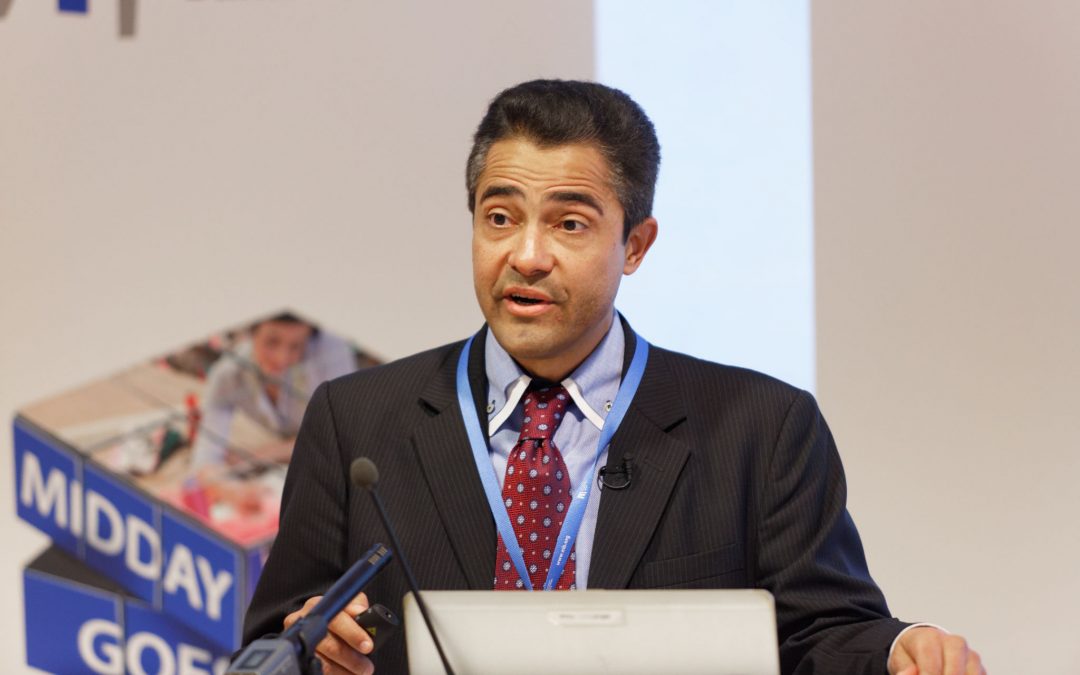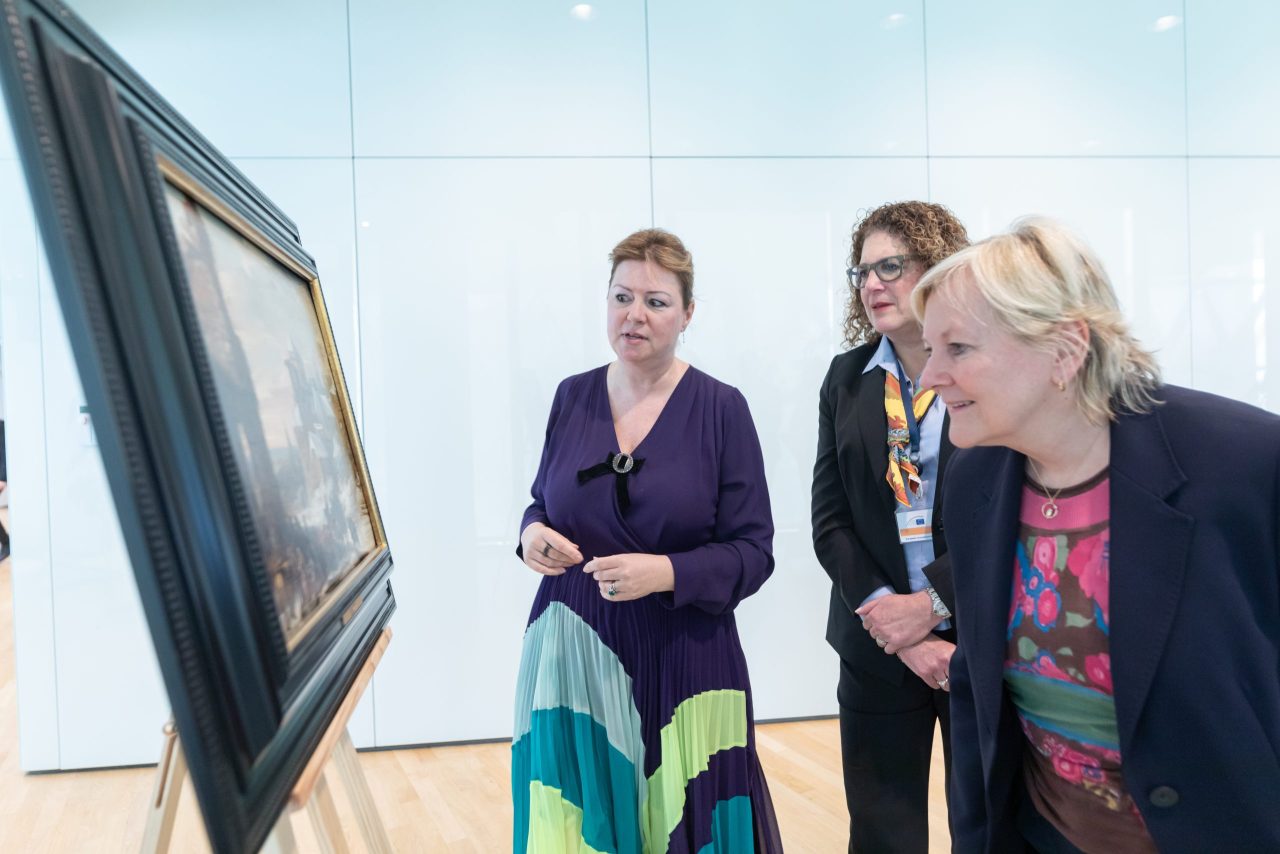The increasingly rapid pace of technological breakthroughs is changing the skills required to succeed in a modern economy, he added, reminding the audience that it took 115 years between the first phone call in 1876 and the first website in 1991 but only 25 years between the first website and the internet of things.
Technology changes the world of work by introducing new forms of work and more flexible working arrangements, but it also erodes traditional employer-employee relationships and social protection schemes. The policy implications are that life-long learning and training programmes need to be strengthened and that social protection schemes need to shift to protections no longer linked to the job but to the individual, he concluded.
Click here for the presentation.






